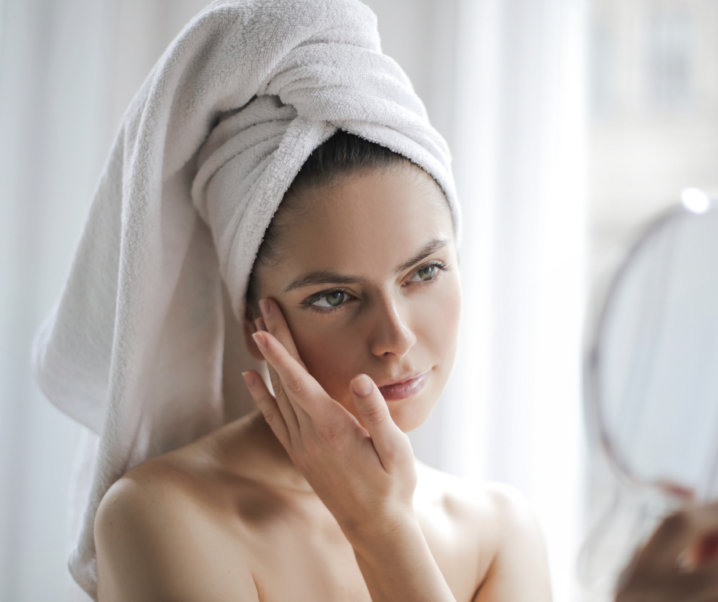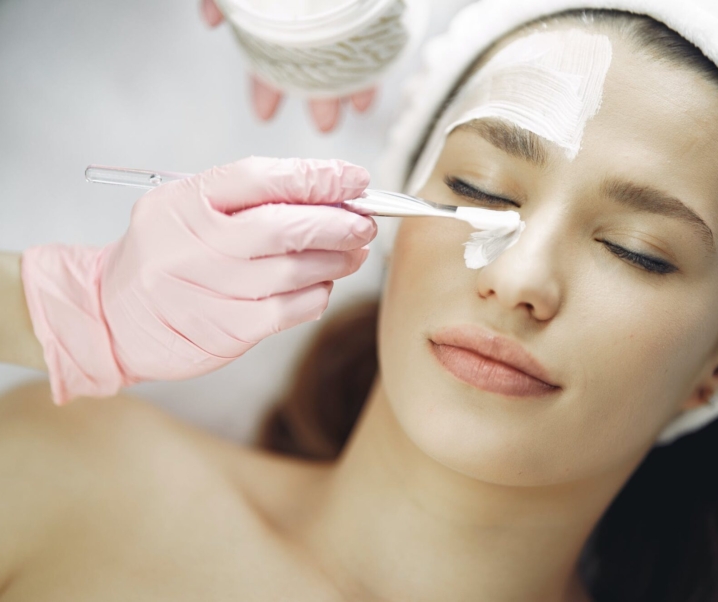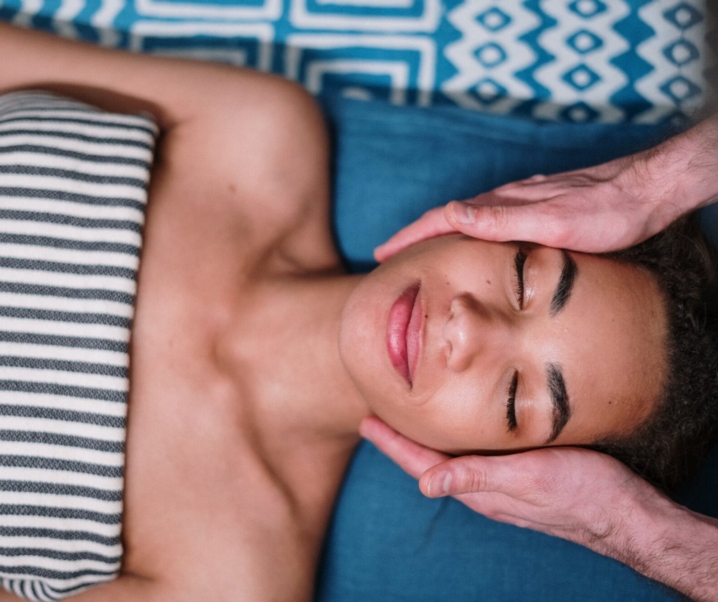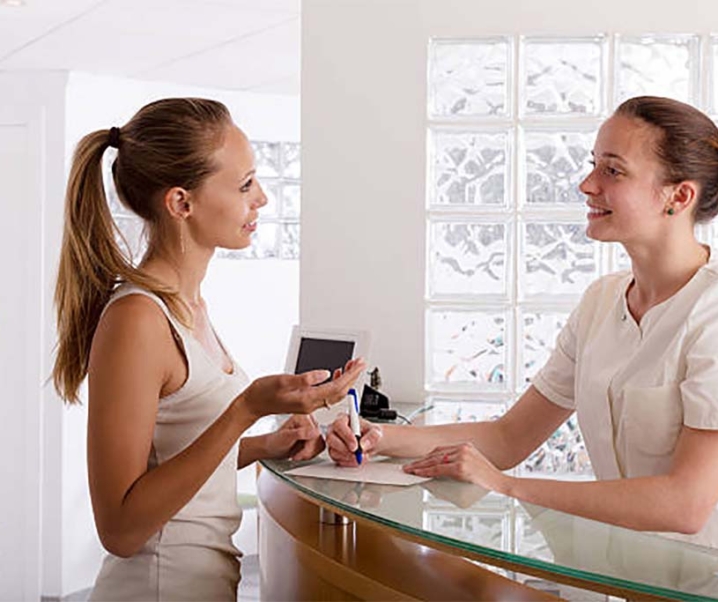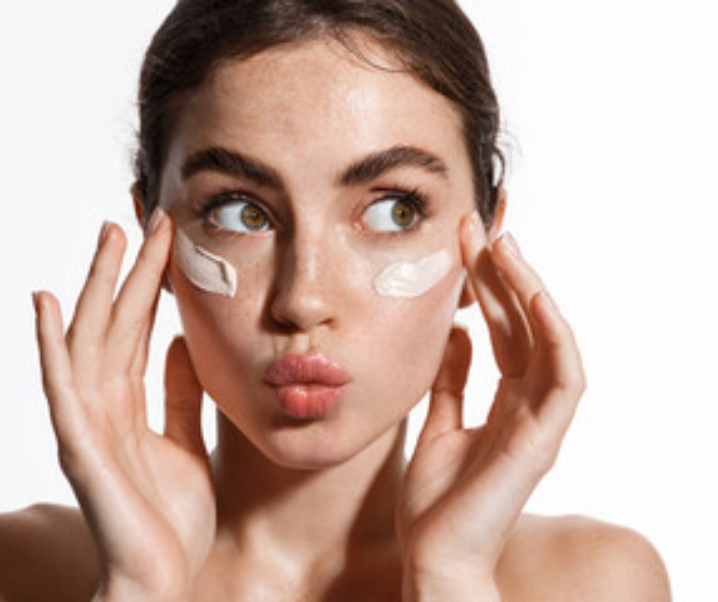It can be annoying to find random breakouts on the face after exploring new skincare products, and so people often ask if or how can beauty products cause acne. This article looks at ingredients to avoid in your skincare products and new healthy habits to imbibe and enjoy acne-free skin.
There are several reasons at the back of our heads pointing us to why you’re trying to figure out if this beauty product you just invested in is responsible for the breakout on your face. It’s a perfect time to check in with that bronzer and see if it has been carrying out any acne-production activities.
Anyway, we can say there’s no acne breakout in your future since you are clearly threading with caution.
What is Acne?
Acne itself can be so confusing. It may seem like today, your routine is in sync with your skin and entire being, and as brief as a couple of days after, you’re finding ripe shootouts on your face. According to health experts, acne is a skin condition when the sebaceous glands get clogged with dead skin cells and oil and become infected and inflamed.
Supposing you’ve experienced this swollen reddish growth on your face, also called pimple, then you can help with a more detailed definition that would include how painful, disturbing and easy to spread acne can be, among others.
Causes of Acne
Can beauty products contribute to the rate at which acne can trouble a person? Well, Yes and No. Yes, because some content or ingredients in these products can block one’s pores and cause the gland to be filled with dead skin cells. This leads to inflammation and acne or pimple. Ingredients for skincare products should be non-comedogenic and oil-free. Always take time to look through that pretty label before parting with your money and bringing the product home to add to the pile on your mirror console.
The answer to this question is also ‘No’. This is because, even though some skincare products are non-pore blockers and may even carry added vitamins, users may apply it wrongly. Some may also fail to follow up with the healthy habits needed to maintain clear skin. Apart from beauty products, let’s check out other underlying causes or triggers of acne.
- Medications: Most or all drugs have side effects, and for some, it’s a breakout of acne. Drugs like lithium, androgenic steroids and other drugs that contain iodides or bromides may be responsible for that disturbance on your face.
- Diet: The ‘you are what you eat’ expression isn’t just an expression. Research has shown that high consumption of foods rich in carbohydrates can be unhealthy for anyone with acne problems.
- Hormones: Surely, we can credit puberty for helping to create hormones that enlarge our sebaceous glands and cause them to produce more oil that can clog the pores and lead to breakouts.
- Stress: First within and then without. Stress can be a trigger for anyone who has acne-prone skin by making it worse.
7 Ingredients to Avoid in Skincare Products
Now you know other causes of acne, and we’re back to focusing on making the best choices with beauty products. In this acne-free journey, two clears make a right. To get ‘clear’ skin, stay ‘clear’ of these possible comedogenic ingredients.
- Sodium chloride: This is the chemical name of salt. As much as we can’t do without it in most meals and even in most scrubs to exfoliate the skin, you have to avoid it with your skincare. This ingredient can clog the pores and allow a build-up of dead cells.
- Lauroyl Lysine: This amino acid derivative helps soften the skin, so many brands like to use it in their products. However, it also does some damage by not allowing the skin to breathe.
- Fragrance: The fine smell of perfume can lighten one’s mood yet, it is advised to do without them in products that go on your face. These fragrances are used in face washes, powder sets, etc. can irritate your skin and lead to that annoying pimple. Benzaldehyde is one of the most common forms of fragrance found in skincare care products, so look out for this on labels.
- Silicon: Silicon is a common ingredient in foundation, concealers and even tanners, and it helps make the skin smooth and soft. How about the after-effect? Silicon would often lead to breakouts on your face, and this is because it also blocks the pores on your face.
- Coconut oil: Honestly, it’s not just coconut oil. Many essential oils are used improperly in beauty products and can cause serious problems for acne-prone skin due to fat.
- Algae extracts: Algae extracts rank pretty well on the comedogenic scale. This ingredient may be good to regulate oil production on the skin, but it also irritates and can lead to inflammation which allows the pus to form.
- Coconut butter: This butter is good for those with dry skin as it helps with hydration, but on the flip side, this hydration can block the pores on your skin, so ensure to pick your products right.
This is not an exhaustive list of ingredients to flee from when stocking up your next set of makeup and skincare products, but they made it to our top 7. Some other ingredients to look out for include D & C Red, Octyl Palmitate, PEG 16 Lanolin, Plankton, Potassium Chloride, Octyl Stearate, PEG 8 Stearate, Oleth-3, Polyglyceryl-3 Diisostearate, Oleyl Alcohol, PEG 200 Dilaurate, PG Monostearate, PPG 2 Myristyl Propionate.
Healthy Habits to Help Prevent Acne
That seems like a lot of ingredients, and there’s even more. But you don’t have to worry about not finding the right products; tons of brands make safe products. Also, ensure to put in more effort by staying in check with the right routine and habits. We understand it can be tempting but resist popping those pimples. You should also avoid sharing makeup, makeup brushes and other applicators. Some other habits to add to your routine if you haven’t already would be
- sleeping with a makeup-free face
- bathing after exercise
- washing your face at least twice daily with a water-based cleanser and
- sticking faithfully to treatment or product(s) recommended by your beautician or dermatologist.

